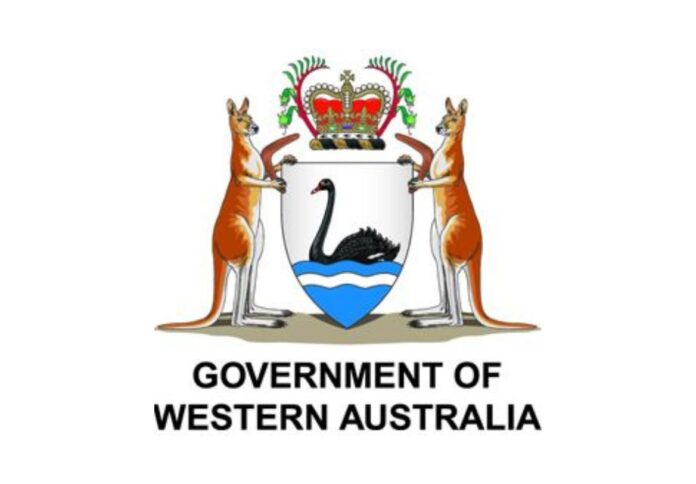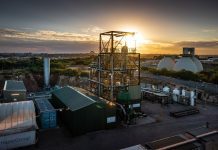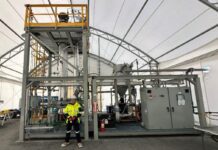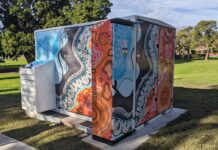
Over $6.5 million will be split among 21 projects under Western Australia’s Infrastructure Grants Program to expand the state’s electrical and electronic waste recycling capability, eliminating 17,000 tonnes of e-waste from landfill.
The first round of grants will assist in the prohibition of landfill e-waste disposal beginning in 2024, creating 62 jobs and increasing e-waste storage, collection, and processing for over 920,000 customers.
The initiatives entail the building of e-waste management structures as well as the acquisition of recycling machinery and specialised storage containers, the government said in a media statement.
In particular, six projects, headquartered in regional Western Australia, provide infrastructure enabling local governments to collect and handle e-waste before processing, including concrete slabs, sheds, shelters, marine containers, and cages.
Two photovoltaic recycling facilities will get about $2.4 million in order to decrease the number of solar panels that are disposed of in landfills.
Meanwhile, automated recycling machinery included in the investment is expected to recycle an additional 22,000 solar panels annually.
To promote proper garbage sorting, collection boxes for e-waste will be put in place at four Containers for Change locations, including Wangara, Malaga, Kenwick, and Cockburn.
Large household appliances such as white goods, mobile phones, televisions, computers, displays, data storage, batteries, medical equipment, lights, and lamps will be prohibited under WA’s e-waste ban.
Environment Minister Reece Whitby stated that the investment will expand the reuse and recycling options for electrical and electronic products, which will reduce the amount of e-waste produced while also creating jobs.
“Banning e-waste disposal to landfill means we can recover valuable materials that would otherwise be lost, and in the process, build local industries as well as protect the environment,” noted the minister.
To assist national harmonisation, such as the Federal Government’s planned e-stewardship initiatives, future phases of the ban would include photovoltaic systems, including solar panels, as well as small domestic goods like vacuums, toasters, and kettles.
A second round of grant funding is scheduled for next year.




















